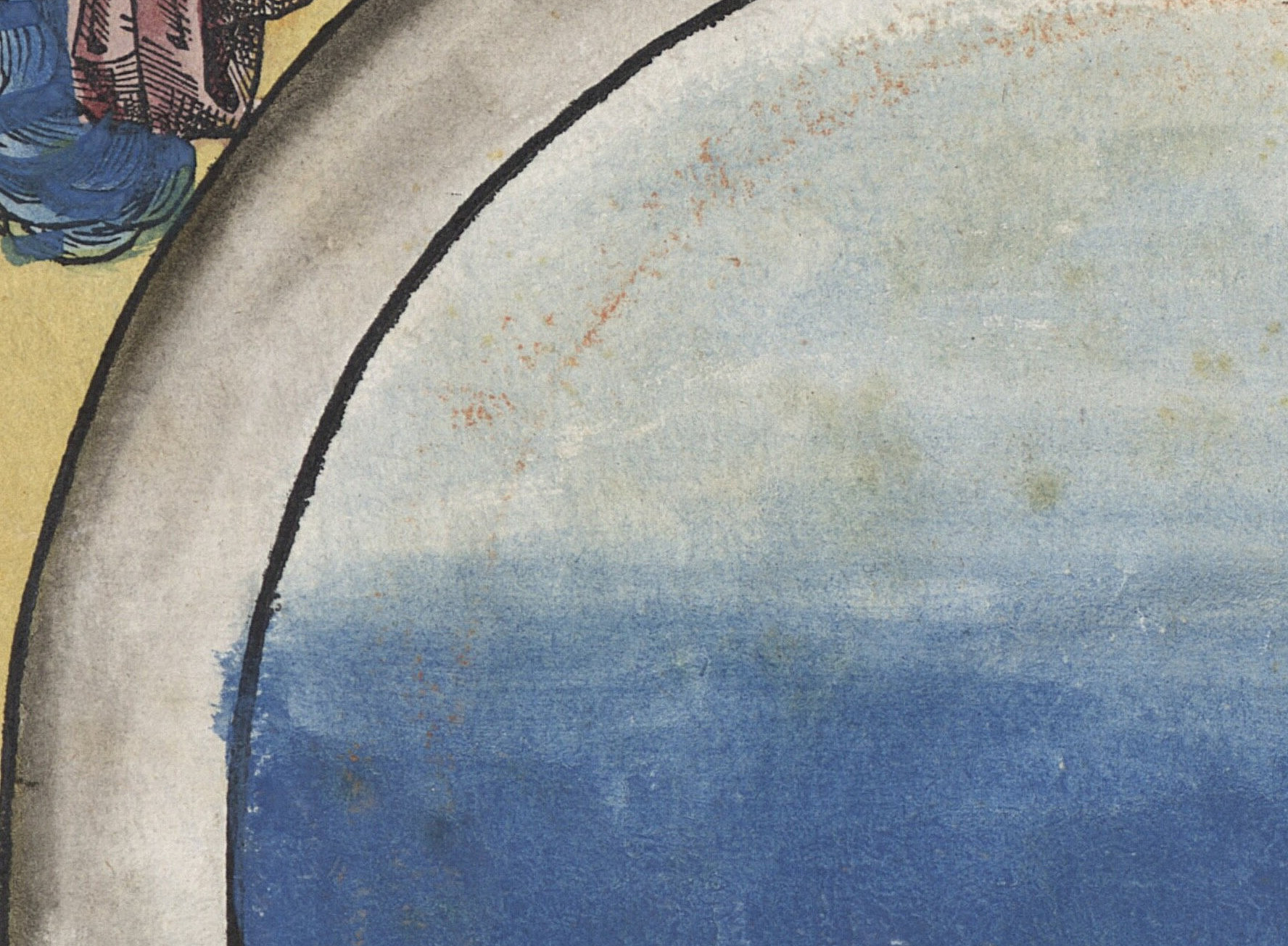Veranstaltung im Rahmen des Fakultätsschwerpunktes „Wahrnehmung: Episteme, Ästhetik, Politik“
Schubertstraße 51, SR 31.01
Historisches Gewächshaus, Schubertstraße 53 (Planetarium / Workshopraum)
Moderner Botanischer Garten, Raum 0059EG0028
Moderation: Clara Nicolay, Evelyn Urban, Elisabeth Jehn
Donnerstag, 27.11.2025
Ort: SR 31.01, Schubertstraße 51, 8010 Graz; ab 18:00 Uhr Historisches Gewächshaus
10:00-10:30
Julian Blunk/Robert Felfe (Graz)
Einführung
10:30-11:30
Bert van de Roemer (Amsterdam)
Cross references between the Book of Arts and the Book of Nature
11:30-11:45 Kaffee
11:45-12:45
Simone De Angelis (Graz)
Natur und Kunst um 1800. Wissenschaftshistorische Prämissen des Natur- und Kunstbegriffs bei Blumenbach, Kant und Goethe
12:45-14:30 Mittagspause
14:30-15:30
Clara Lespessailles (Paris)
From Model to Ideal: Negociating Nature in Ingres’s Studio
15:30-16:30
Julian Blunk (Graz)
Gottes Gotik. Zur stilpolitischen Indienstnahme des Demiurgen im 19. Jahrhundert
16:30-16:45 Kaffee
16:45-17:45
Lee Chichester (Bochum)
Craftsmanship und Kräftediagramme: Gestalterische Episteme in D’Arcy W. Thompsons Theorie organischer Form
18:00-19:30 (Abendvortrag, Historisches Gewächshaus, Schubertstraße 53)
Horst Bredekamp (Berlin)
Stil als Erkenntnisform, Erkenntnisform als Stil
ab 19:30 – Empfang und Buffet (Moderner Botanischer Garten, Raum 0059EG0028)
Freitag, 28.11.2025
Ort: SR 31.01, Schubertstraße 51, 8010 Graz
09:30-10:30
Robert Felfe (Graz)
Auf der Suche nach dem langen Leben der Formen. Stilentwicklung und Naturerfahrung in der Kunstgeschichte um 1900
10:30-11:30
Chonja Lee (Neuchâtel)
Anima vegetativa 2.0: Von pflanzlichen und künstlichen Intelligenzen in der zeitgenössischen Kunst
11:30-11:45 Kaffee
11:45-12:45
Sabine Flach (Graz)
Fuzzy Boundaries. Cohabitation zwischen Lebendem und Artifiziellem in den Werken von Tomás Saraceno und Anicka Yi
12:45-14:00 Mittagspause
14:00-15:00
Thomas Schmickl (Graz)
Vom Partikel zur Biologie: Emergente lebensähnliche Strukturen im Primordial Particle System
15:00-16:00
Saskia Jaszoltowski (Graz)
“You have so many nonhuman beings in your work.” – Björks Komponieren audiovisueller Kreatur-Kunst-Werke.
ab 16:00 Uhr – Schluss/Verabschiedung
